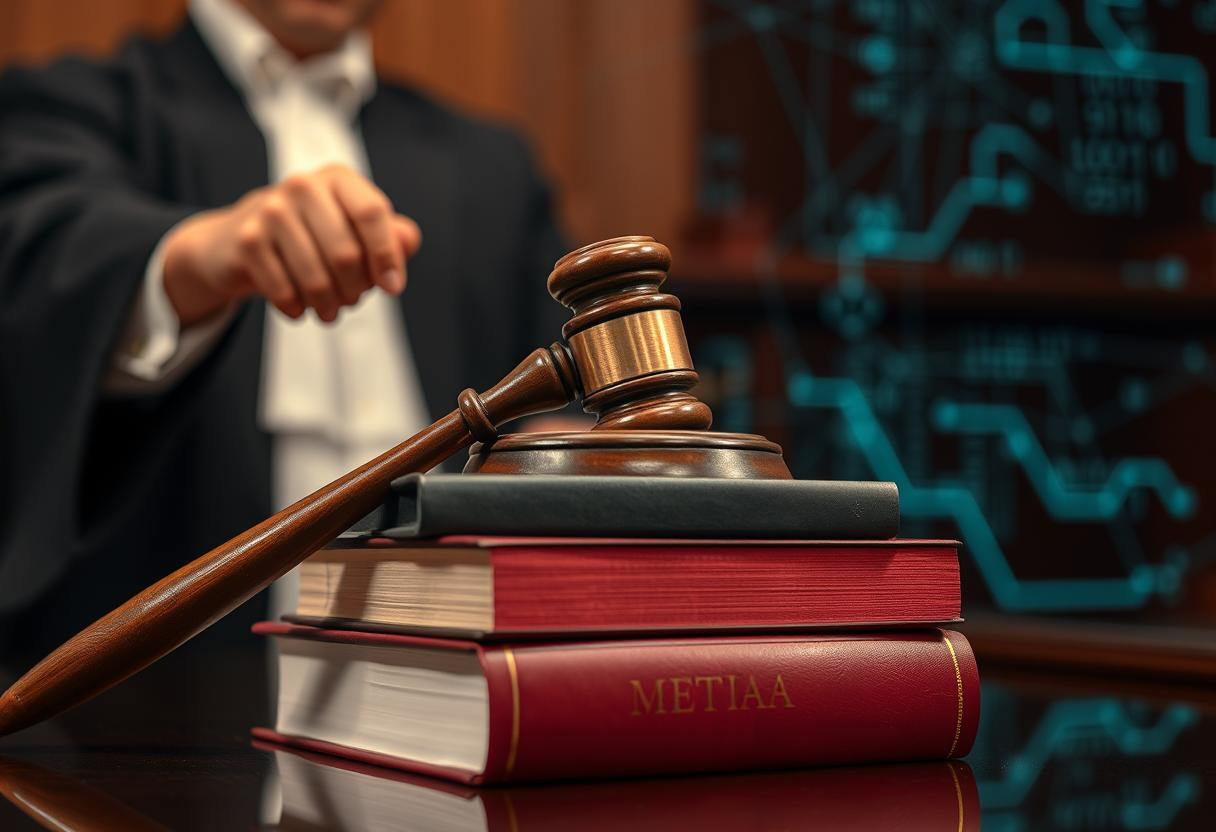In a significant development in the ongoing debate over AI and copyright law, a group of esteemed copyright law professors has stepped into the fray, filing an amicus brief in support of authors suing Meta. The crux of their argument? Meta’s defense of fair use in training its Llama AI models on copyrighted e-books without permission is, in their words, “a breathtaking request for greater legal privileges than courts have ever granted human authors.”
The brief, meticulously argued, posits that the use of copyrighted works to train generative AI models lacks the transformative quality necessary to qualify as fair use. It draws a parallel between educating human authors and training AI, suggesting that the latter does not diverge sufficiently from the original purpose of the works to be considered transformative. Moreover, the professors highlight the commercial nature of Meta’s use, which they argue further undermines the fair use claim.
This legal battle, Kadrey v. Meta, has garnered attention not just for its high-profile plaintiffs—including Richard Kadrey, Sarah Silverman, and Ta-Nehisi Coates—but also for the broader implications it holds for the intersection of AI development and copyright law. The plaintiffs allege that Meta not only used their e-books to train its models without consent but also stripped away copyright information to conceal the infringement.
Meta’s counterarguments, including its assertion that the authors lack standing to sue, have met with skepticism in court. U.S. District Judge Vince Chhabria’s recent ruling allowed the case to proceed, acknowledging the “concrete injury” of copyright infringement and the plausibility of Meta’s intentional removal of copyright management information.
As the courts navigate these uncharted waters, the outcome of this case, along with others like The New York Times’ suit against OpenAI, could set precedents with far-reaching consequences for the tech and creative industries alike.


